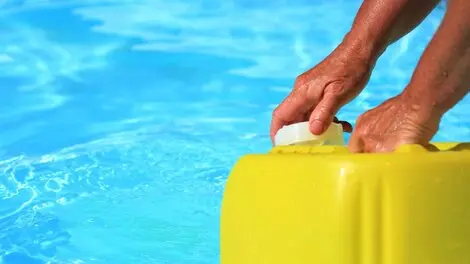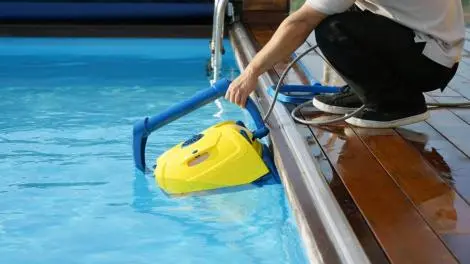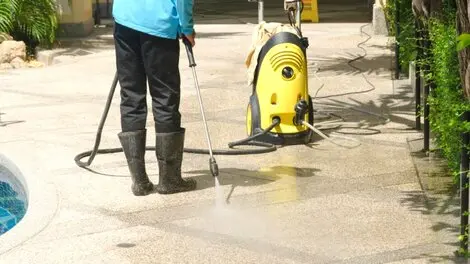There’s something attractive about the idea of popping open a beer and relaxing by the poolside.
If you have seen your favourite actors sunning themselves by a pool, it’s natural to want to replicate that feeling of nirvana in the backyard. But it’s not the same because the pool is covered with leaves, twigs, bugs, etc., and looks dirty despite your cleaning it a few days ago.
Maintaining a pool is tough, so today’s guide offers a solution. We have highlighted the benefits and downsides of using pool covers to help pool owners make informed decisions.
What Are Pool Covers?
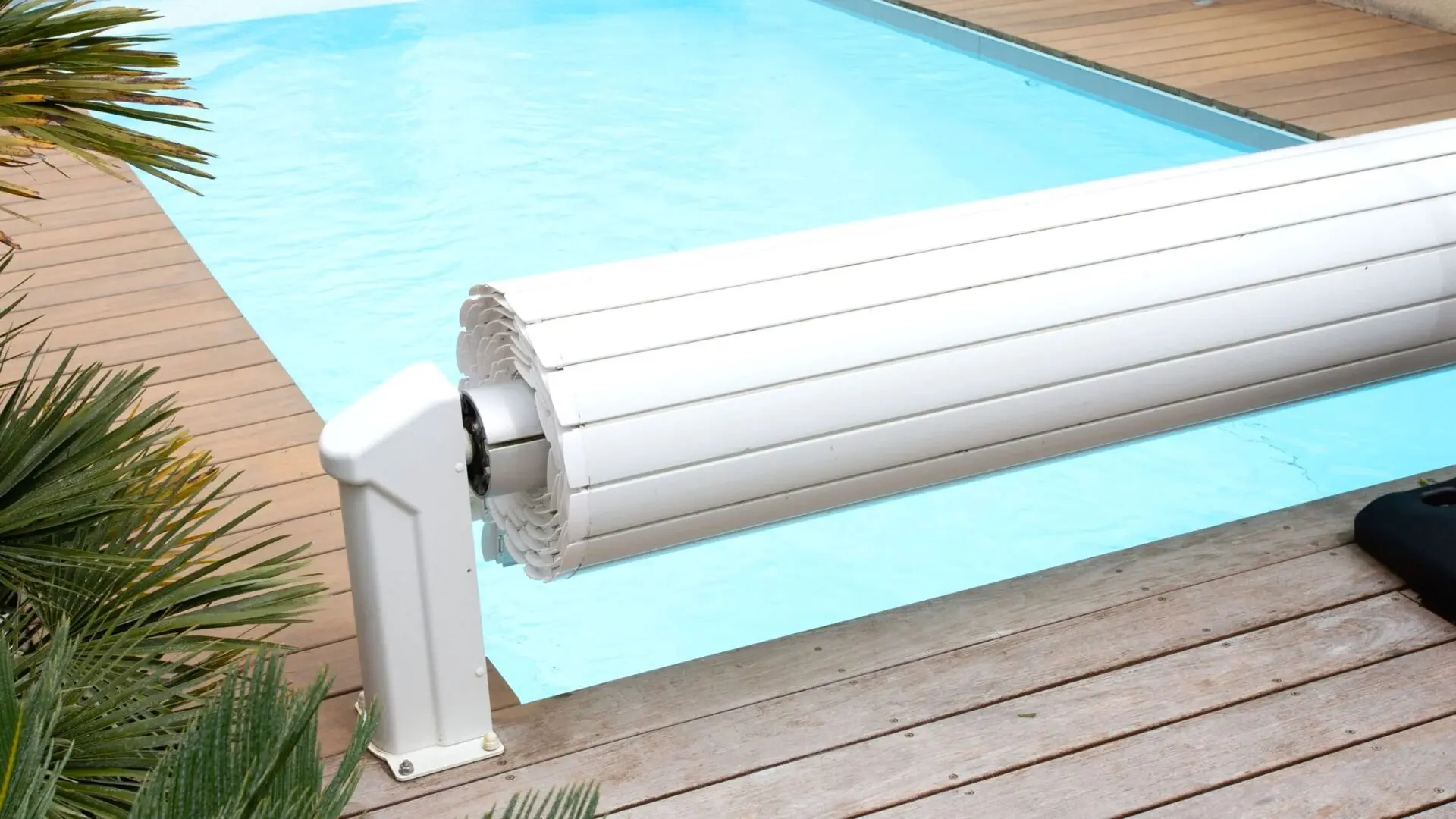
We bet you hadn’t realised that swimming pools lose energy daily, and evaporation is one of the prime contributors. Although evaporation might appear simple on pen and paper, large amounts of energy are used even when a small amount of pool water evaporates.
For outdoor pools, temperature, wind speed, and humidity contribute to evaporation when the humidity is low and the temperature and wind speed are high.
But do indoor pools also lose water and heat to evaporation because they are less exposed to environmental factors? What you are thinking is true, but indoor ventilation is essential for controlling a pool’s water and air temperature.
Pool covers prove effective in this situation, as they can reduce evaporation and help manage pool heating costs. Dark or transparent vinyl, polypropylene, or polyethylene pool covers can save 50-70% more energy.
Advantages Of Pool Covers
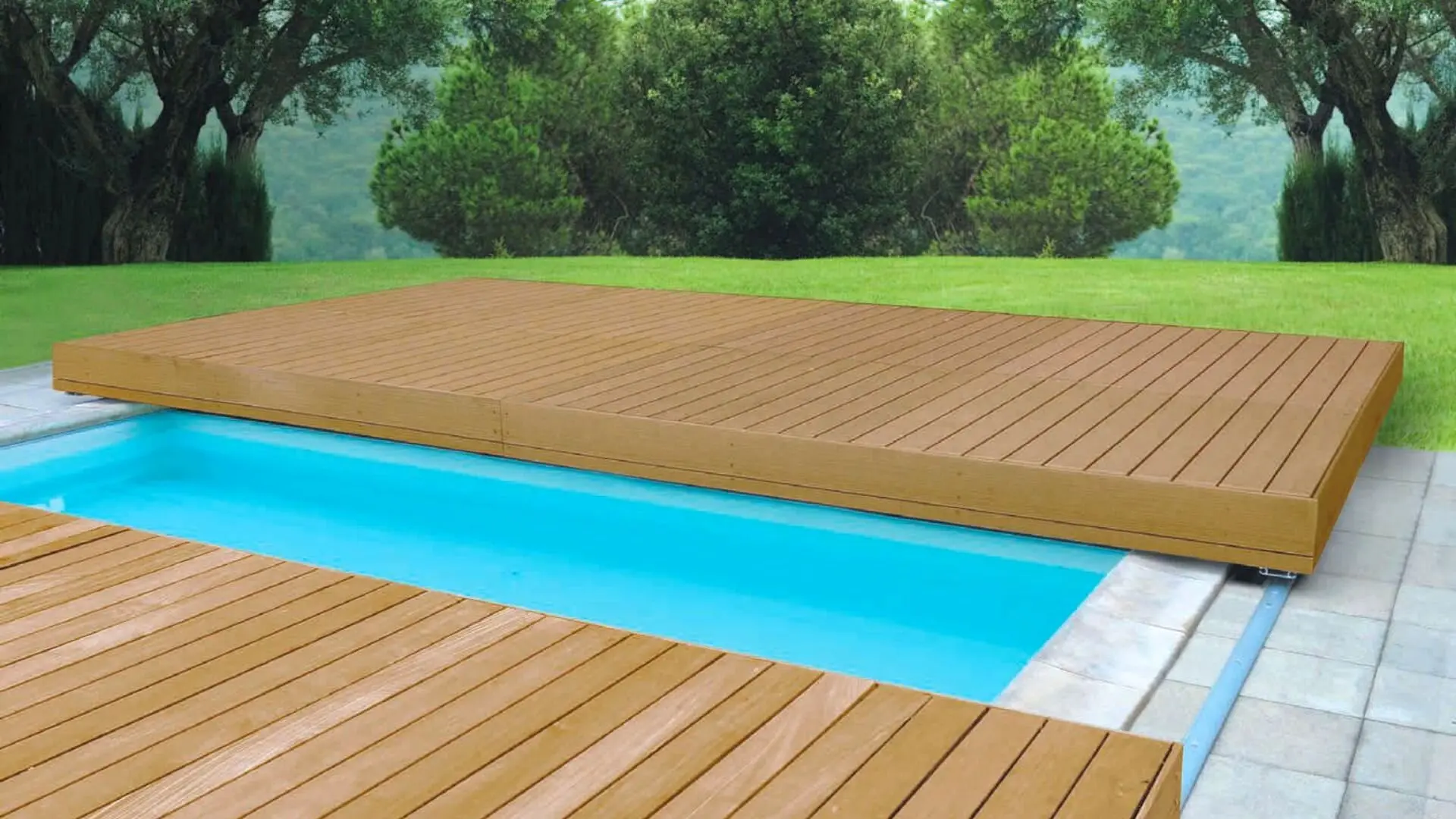
1. Maintains A Steady Temperature
People’s major problem with maintenance is heating the water to the optimum temperature. Don’t you hate it when you want to relax in the pool during the weekend, but it isn’t heated to the correct temperature?
Thanks to pool covers, you can reduce heating costs as they lower energy expenditure while keeping the water warm. This is irrespective of whether you use a solar pump, gas heating system, or water heater because pool covers increase heat retention by 75%.
2. Reduces Evaporation
Another concern is that higher evaporation rates reduce the pool’s water level, so don’t be surprised to pay steeper water bills without a pool cover. These covers allow the sun to heat the pool naturally and prevent overheating to keep the water level intact.
3. Chemical And Chlorine Consumption
It’s critical to ensure that swimming in the pool doesn’t prove harmful when the water has been exposed to UV rays for extended periods. So, it would be best to cover a saltwater pool when you are not using it.
Leaving the pool exposed increases the need to sanitise the water with chlorine each time, which isn’t ideal. But you can’t do without chlorine, either.
That’s where this combination of saltwater pool and pool covers proves effective. It lowers costs while reducing the amount of chlorine needed. We have seen that pool covers save up to 50% more chemicals and salts than uncovered pools.
4. Lower Maintenance
What’s the use of having a pool if you don’t spend enough time lazing around in the water? And the last thing you need is for the kids to nag you about cleaning the pool on a weekend so they can play in it.
To lower maintenance, take the easier route and install a pool cover to keep out broken branches, bugs, leaves, etc. This will give you more time to swim rather than much time cleaning it.
5. Prevent Flow Blockages
Without a pool cover, debris like leaves and twigs can accumulate and cause blockages over time. In such instances, the pool pump, chlorinator, and filter will go into overdrive to counter the reduced water flow before eventually breaking down. You might also find the water acquiring a greenish hue, which isn’t very safe, so keep the pool covered to prevent health issues and costly repairs.
Disadvantages Of Pool Covers
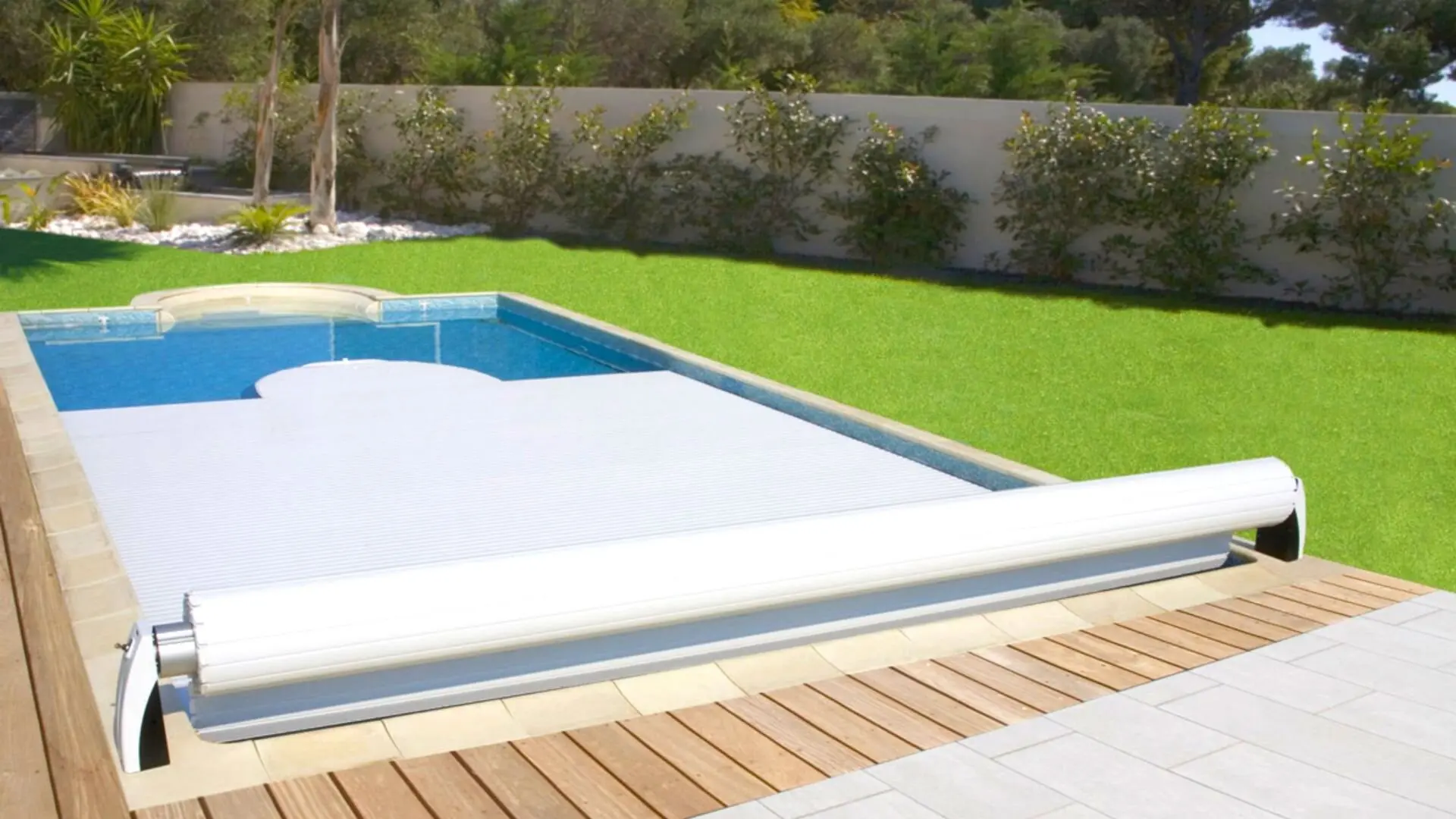
1. Time-Consuming
To achieve anything good, you must sacrifice something in return, and the same holds for pool covers. It takes time to wrap the pool from side to side to keep it clean, but removing the covers is frustrating whenever you want to swim. Luckily, many modern pool covers come with rollers, making removing them easier.
2. Storage
Storing a pool cover and its roller system is quite a task; you need enough backyard space. Plus, with fencing regulations and other pool laws, managing the available space to organise and store all the accessories safely becomes challenging.
3. Shape
A custom-designed pool looks attractive and is quite the head-turner at backyard barbecues, but you will have a tough time finding a pool cover that fits. Since most covers are for traditional round or rectangular pools, you must contact licensed companies that make custom pool covers.
Cover Your Pool Today!
You must consider both the good and the bad before purchasing pool covers. But after reading our guide, you will understand that the advantages far outweigh the minor issues associated with these covers.
Ask your kids to help remove and store the covers, so they learn about pool maintenance early. Redecorating the pool area with fountains or other landscaping features becomes easy, thanks to the extra money you save on energy and water bills.
For expert advice, speak to our pool builders in Sydney. Our friendly team will gladly assist you with your new swimming pool cover.
That’s all for this guide. Happy swimming!
